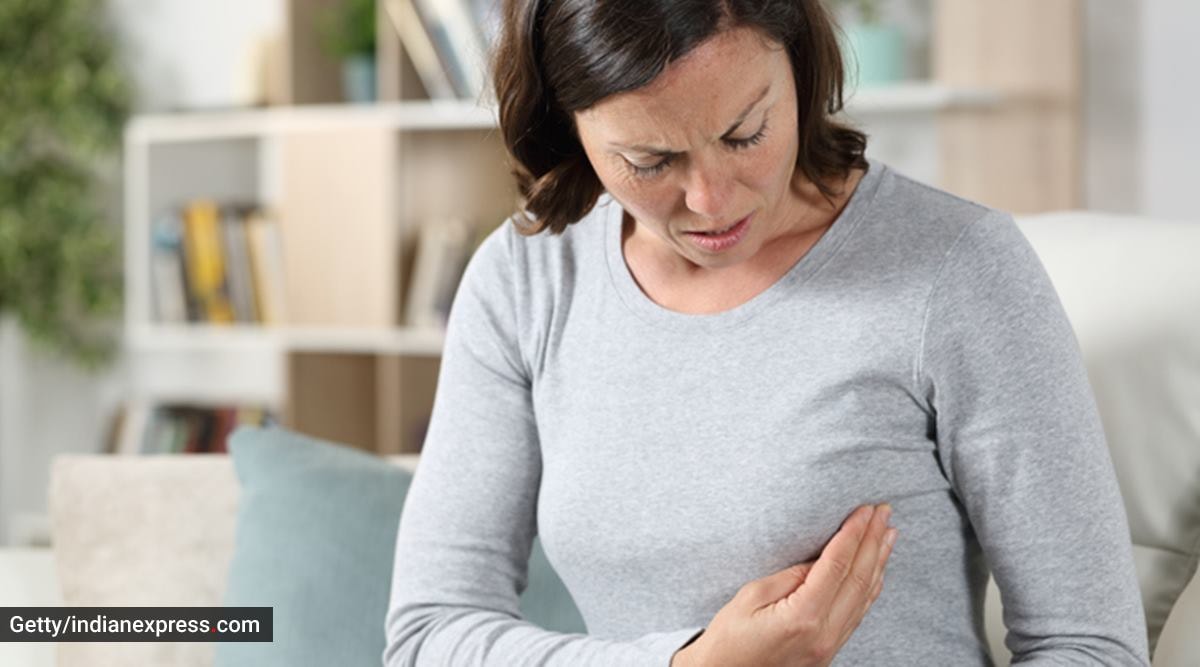Signs and symptoms of breast cancer, besides the lump

Being familiar with your breasts will help you notice small lumps or changes early when it can be brought to the notice of your doctor.
Breast cancer is one of the leading causes of death globally. It afflicts both women and men. One of the most common cancers in women, it affects around 2.1 million women each year.
The earliest symptoms of breast cancer, however, are often better felt than seen, hence being aware of one’s breast by regular examination by self or a clinician, can help detect sudden changes that warrant further investigation, says a consultant obstetrician and gynaecologist .
This Breast Cancer Awareness Month, the doctor explains that although the emphasis has always been on the detection of lumps in the breast or armpit, one needs to know about other signs of cancer that need immediate attention. These are:
1. Change in the size or shape of the breast
It’s common for breasts to swell and feel painful prior to a period. But if you notice a change in the size of one breast in particular, it’s probably best to consult your doctor about it.
2. Nipple discharge
Any discharge from the breast that’s watery, bloody or milky, in a person who isn’t breastfeeding, needs a complete evaluation.
3. Pulling in of the nipple (inverted nipple)
Although many people have flat or inverted nipples as a normal feature, if you notice that your nipples are pointing inwards instead of outward of late, consult your doctor.
4. Redness or flaky skin in the nipple or breast
This could be the first sign of breast cancer affecting the nipple, referred to as Paget’s disease. Flaky skin could also be a result of skin conditions like eczema and atopic dermatitis, hence it doesn’t always point towards cancer, but demands an evaluation by a doctor.

5. Irritation or dimpling of the breast skin
If the skin of your breast appears puckered, you need immediate evaluation to determine the cause.
Screening for early detection
Mammogram: This is an X-ray of the breast and is considered the best way to detect cancer early, much before the lump is big enough to feel or cause symptoms.
When does one start screening for breast cancer?
40-49 years:
A person makes a choice to start screening yearly or once in two years after appropriate counselling.
50-74 years:
Screening once in two years with a mammogram is recommended.
75 years or older:
Continue screening as long as life expectancy is more than 10 years.
Self breast examination
Although studies haven’t proven the efficacy of self breast examination in the early detection of breast cancers, being familiar with your breasts will help you notice small lumps or changes early when it can be brought to the notice of your doctor.
Self breast examination is preferably done post your period every month or on a particular day each month in post menopausal women, the doctor concludes.